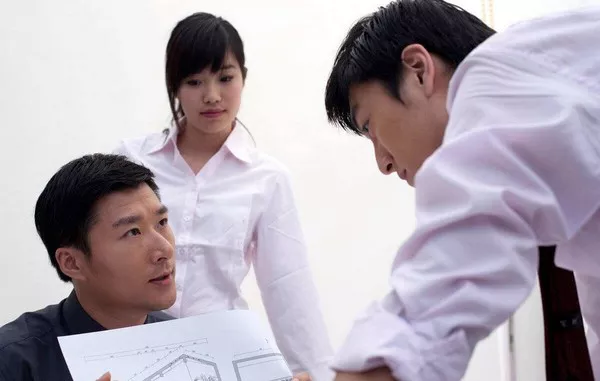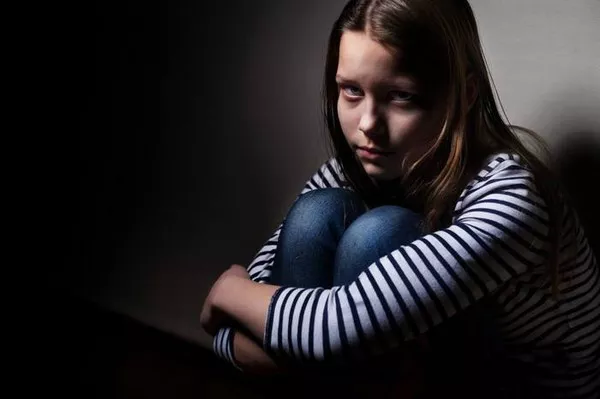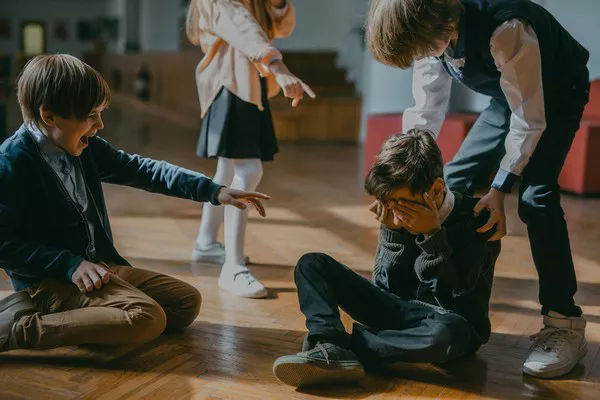Elite athletes such as Simone Biles, Bryony Page, and Holly Bradshaw have not only showcased extraordinary prowess in their respective sports but have also been vocal about the mental health challenges faced by athletes.
In a notable instance during the Tokyo Olympics in 2021, Simone Biles withdrew from the women’s gymnastics team final citing a loss of air sense and lingering fear, highlighting the mental toll elite competition can take. Similarly, pole vaulter Holly Bradshaw has expressed concerns about the physical and emotional strains of pursuing sporting excellence, while British gymnast Bryony Page has shared her experiences with “lost skills syndrome” leading up to the Rio Olympics, contributing to heightened anxiety.
Even before Biles’ widely publicized withdrawal, the International Olympic Committee (IOC) had recognized the importance of mental health support for athletes, introducing a mental health toolkit ahead of the Tokyo Games. As the Paris 2024 Olympics draw near, these efforts have been reinforced and expanded.
The IOC’s initiatives for Paris 2024 aim to prioritize athlete wellness, including a mindfulness program offering 2,000 licenses for the Calm app to athletes, a mental fitness helpline, and multilingual mental health support services available for Olympians during and after the Games. Additionally, designated “mentally fit zones” will be established to provide athletes with spaces for decompression amidst the intensity of the Olympic environment. Furthermore, artificial intelligence (AI) will be utilized to identify and mitigate instances of abuse on social media platforms, offering a shield against online harassment.
Kirsty Burrows, head of the IOC’s safe sport unit, emphasizes the necessity of these support systems, affirming that athletes should feel empowered to voice concerns about their mental well-being and seek assistance when needed.
These efforts align with the IOC’s broader plan to enhance mental health outcomes across all levels of sports by 2026, with Paris 2024 serving as a pivotal benchmark for evaluating the effectiveness of these programs. Burrows underscores the IOC’s commitment to supporting athletes not only during the Olympics but also in collaboration with national federations and Olympic committees to prioritize psychological safety in all sporting environments.
Building upon the mental health action plan introduced in July 2021, the updated mental health toolkit provides comprehensive guidance for sports organizations and medical professionals on creating psychologically safe athletic environments and addressing mental health disorders prevalent among elite athletes.
Dr. Alan Currie, a psychiatrist involved in the IOC’s mental health working group, praises the inclusive nature of the initiative, emphasizing the invaluable input of athletes in shaping these policies and programs.
In addition to mental health support, the IOC is actively addressing issues of abuse and discrimination against athletes, particularly on social media platforms. Utilizing AI technology, the IOC aims to identify and remove abusive content targeting athletes, with criminal content reported to law enforcement.
With an anticipated attendance of fifteen million spectators at the Paris 2024 Olympics, compared to the limited audience at the Tokyo Games due to COVID-19 restrictions, athletes may face heightened pressure and challenges. However, with comprehensive mental health initiatives and AI-powered interventions in place, all stakeholders are poised to navigate these challenges and prioritize athlete well-being during the upcoming Games.



























